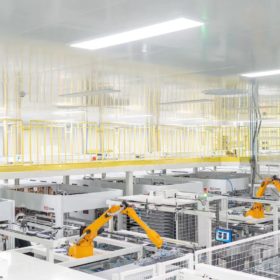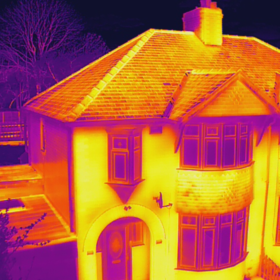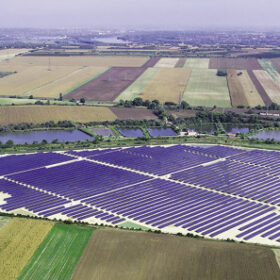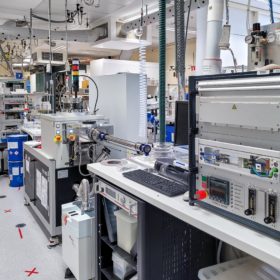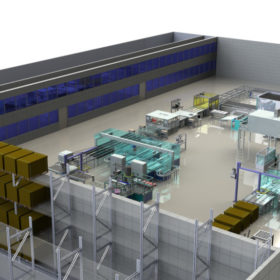The Hydrogen Stream: Hydrogen-fuelled V8 engine for automobiles from Toyota, Yamaha
In other news, Belgian company Tree Energy Solutions (TES) is accelerating plans to develop the German port of Wilhelmshaven into a “world-scale” hub for importing green gas, and German engineering company MAN Energy Solutions will invest up to €500 million in its hydrogen-focused subsidiary H-TEC Systems.
Chinese PV Industry Brief: More glass capacity and a 5GW module factory under construction
Glass maker Flat Glass wants to add 7,200 MT of new glass capacity spread across six new production lines and panel manufacturer Eging PV started construction of a new PV panel factory with an annual capacity of 5 GW.
Thermochemical storage-plus-rooftop PV to store heat for winter months
A group of researchers in the United Kingdom is developing a modular, multi-vector energy system that can be installed into new homes and retrofitted into existing buildings to provide seasonal heat storage. In the proposed system configuration, a rooftop solar array would be used to power a heat pump or another electrical heating element, which in turn produces the heat to be stored by thermal devices.
Hungary launches fifth renewables auction
The Hungarian energy regulator expects to contract around 864 GWh of renewable energy in the procurement exercise. Projects ranging in size from 5 to 50 MW will be entitled to participate.
Swiss manufacturer unveils 500W solar module with 23.2% efficiency
Megasol said the solar module relies on new back-contact technology that is able to reduce internal resistance, ohmic losses and cell spacing.
P-type vs n-type poly-Si/SiOx passivating contacts
Researchers in Australia have compared the firing resistance of p-type and n-type poly-Si/SiOx passivating contacts and found that the former have better resistance to hydrogen diffusivity and higher passivation quality after firing.
French start-up aims to set up 5GW PV module factory
Thanks to a funding round that will be carried out by the end of the year, French start-up Carbon aims to open its first production site in France in 2025. pv magazine spoke with Pascal Richard, one of its founders, about the timeline for the project.
Aurinka wants to open 300MW solar module factory in Spain
The factory is expected to begin operating with an annual capacity of 300 MW and to produce bifacial modules with a power output of 600 W.
Space heating without oil, gas feasible in Germany by 2035, says study
Europe’s declining security situation and rising fossil fuel prices are driving calls for independence from gas. A new study by the Wuppertal Institute, commissioned by Greenpeace, shows that a complete shift away from fossil fuels in the heating sector could be possible for Germany within 13 years.
Italy speeds up permits for solar up to 200kW, allocates €267 million for rebates
The Italian authorities have introduced new provisions in the DL Energia decree to reduce energy bills for households and businesses. Italian companies will be able to secure rebates for projects and several southern regions have also been granted a fiscal break for rooftop PV and energy efficiency.

